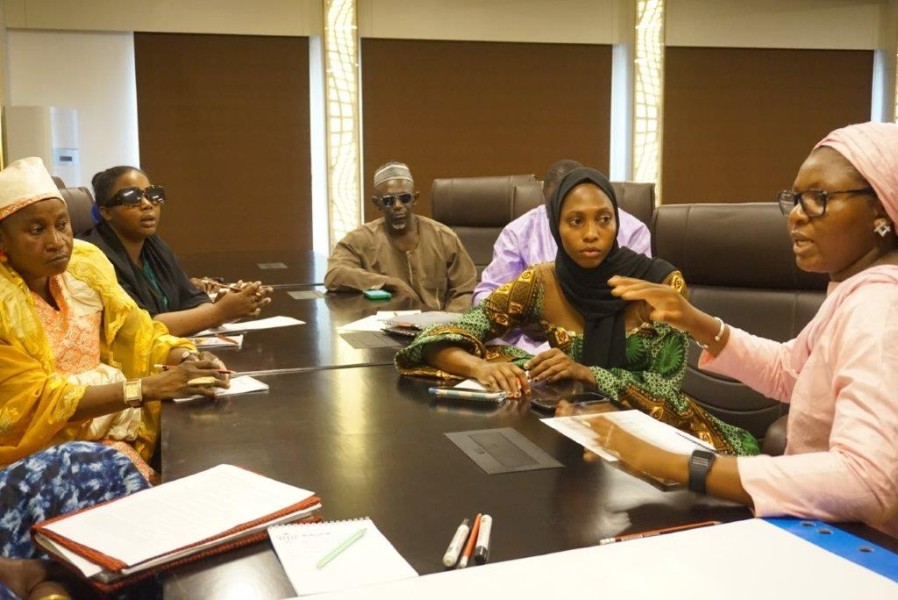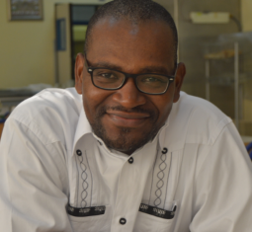On February 29, 2024, The Gambia-Economic Community of West African States (ECOWAS) Joint Technical Committee held its inaugural meeting on the establishment of a hybrid court to hold to account those responsible for gross human rights violations committed in the country between July 1994 and January 2017 during the dictatorship of former President Yahya Jammeh. Such an internationalized court presents an opportunity to deliver criminal accountability to the victims and Gambian society as whole. It is also just the latest step in The Gambia’s transitional justice journey.
The Gambia first embarked on a path toward justice in 2017, after more than two decades of dictatorship marked by serious human rights violations. That same year, the transitional government created the Truth Reparations and Reconciliation Commission (TRRC) among other transitional justice institutions.
During its two-year mandate, the TRRC unveiled the horrendous crimes committed by the former regime, specifically summary executions, enforced disappearances, torture, rape and other forms of sexual and gender-based violations, and arbitrary detentions. The TRCC published its final report in December 2021, and the government responded with a white paper in 2022 endorsing most of the commission's recommendations, including those calling for criminal proceedings against dozens of former regime officials and Yahya Jammeh himself.
Prosecuting individuals for international crimes in The Gambia, however, involves quite a few legal, financial, political, infrastructural, technical, and security-related challenges. That said, the country’s transitional justice process benefits from several opportunities and advantageous conditions, such as ongoing technical and financial support from the international community, a unified and well-organized community of victims’ groups that coordinate many of their activities under the umbrella organization Association of Victims Led Organizations, and assistance from ECOWAS. In fact, to tackle the challenges mentioned above, the Gambian government initiated discussions with ECOWAS to establish an internationalized court, which could possibly hold hearings in other countries in the West African region. During a meeting held in early March 2023, Gambian authorities and ECOWAS agreed to set up the Joint Technical Committee to elaborate the required legislation and determine the budget for such a court.
The decision to establish a hybrid court is vital to The Gambia’s efforts to deliver justice, repair victims, and build sustainable peace in several respects. First, it can contribute immensely to reinforcing public trust in the Gambian judicial system and the government's intention to implement TRRC recommendations. For years, victims and other Gambians have doubted the government's commitment to justice and its willingness to get behind the Never Again movement and have called for concrete action.
Second, a hybrid court should strengthen the country’s judicial system and increase Gambians’ access to justice by improving the legal framework so it incorporates international standards and best practices and by building the capacity of the legal actors. Third, it can also send a strong message to leaders in the West African region, where political instability is common, that those who commit human rights violations will be brought to justice. Finally, if it is successful, as the first hybrid tribunal that ECOWAS has backed in its history, it should reinforce the body's commitment to democracy and accountability and set a good example for other jurisdictions in the region pursuing transitional justice and seeking to prosecute alleged perpetrators of human rights abuses.
Still, justice is more than criminal accountability. The Gambian government should also invest in other forms of accountability, including reparations, memorialization, and official apologies and other symbolic reparations, to meet the public’s expectations, provide victims redress, and pave the way for national reconciliation.
__________
PHOTO: Members of Gambian civil society organizations discuss accountability and reparations at an ICTJ-led workshop in Banjul in June 2022. (ICTJ)

